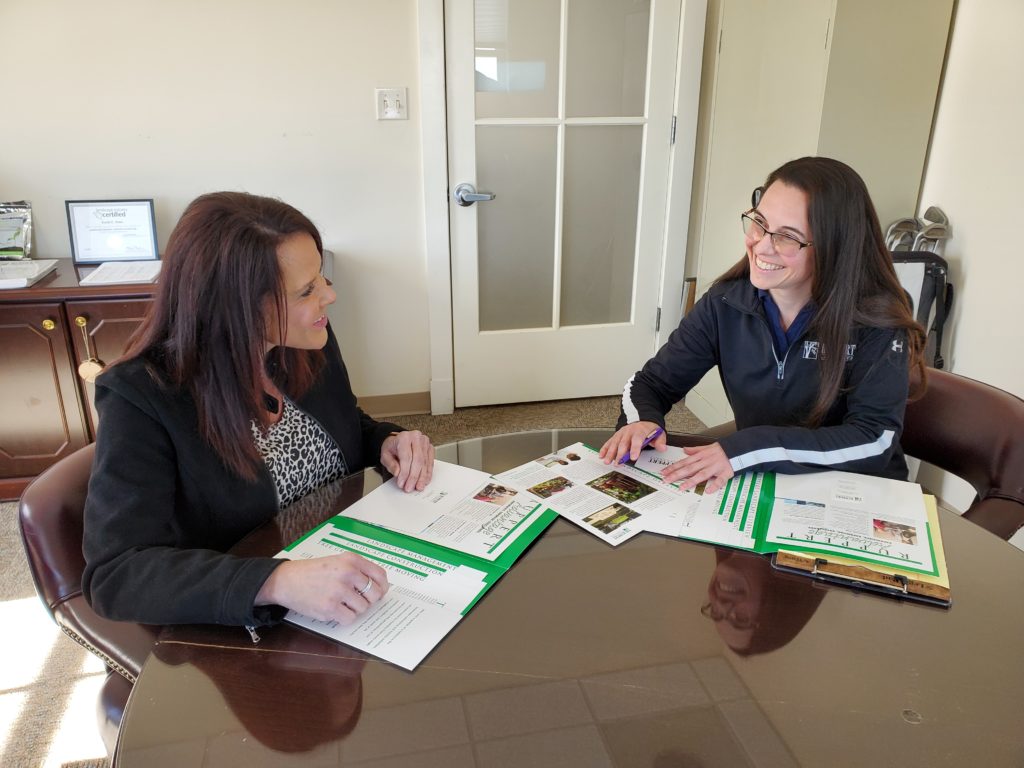 By Jason Dixon, Director of Business Development
By Jason Dixon, Director of Business Development
Have you ever been disappointed in the result of a conversation? Chances are you have, and the chance exists that it may have been your fault. Perhaps you’re in a sales or business development role and the prospect or client did something that you weren’t expecting, such as not signing the contract with you or “going in another direction.” Or, you’re collaborating with someone else in your organization and they didn’t follow your instructions and do the task that you expected them to do the way you wanted it done. It’s easy to point the finger at the other party and chalk it up to them being a bad prospect or not paying attention to you. Instead, consider situations like this an opportunity to improve your own communication skills. Here are a few tips:
 Plan Ahead: Whenever possible, prepare for a conversation beforehand. Write out your plan, review the order in which you want to deliver the information and anticipate any questions that may arise. The more you’re able to plan (especially for challenging conversations), the better your chances are that you’ll deliver your message effectively.
Plan Ahead: Whenever possible, prepare for a conversation beforehand. Write out your plan, review the order in which you want to deliver the information and anticipate any questions that may arise. The more you’re able to plan (especially for challenging conversations), the better your chances are that you’ll deliver your message effectively.- Pay attention: When you are communicating with someone else, be completely focused on the conversation. Look for verbal and non-verbal clues about how the conversation may be going and don’t get distracted with your mental to-do list—or worse yet, your phone. Being present and invested in your interactions can have a big impact on the outcome.
- Listen: Listening skills allow you to make sense of and understand what another person is saying. In other words, it allows people to understand the meaning behind the words. Remember that many times people don’t want an entertaining conversation partner, they just want someone to listen to them.
- Don’t monopolize a conversation: Find ways to communicate more succinctly with less fluff to ensure that people don’t tune you out and miss the important things. Make it a point to pause and ask if the other person has any questions or requires any clarification—a gesture that can make people feel heard.
- Take cues from the other person: Believe it or not, not everyone communicates in the same way you do. Some people are very visual and may be more focused on your body language. Others process information based more on sound, which might mean you’ll need to be tuned into your speech cadence and volume of your voice. A good rule of thumb is to always match your style to the person you are communicating with.
- Follow Up: When you’ve had a conversation with someone where there was a lot discussed, follow up in writing. There is a good chance that not every important thing you wanted to share will be remembered as you wanted it to be. By following up, you can reiterate the key points you discussed, and you can highlight any action items that came out of the meeting and list who is responsible for completing them. This adds a layer of accountability.
When it comes to communication, don’t be afraid to look like you’re trying too hard. More often than not, people will appreciate your preparation, courtesy and thoroughness. Being an effective communicator takes lots of practice and it doesn’t always guarantee success. But the more intentional you are, the greater your chances are for achieving what you set out to accomplish—and making the other person feel valued in the process.
 By Jason Dixon, Director of Business Development
By Jason Dixon, Director of Business Development Plan Ahead: Whenever possible, prepare for a conversation beforehand. Write out your plan, review the order in which you want to deliver the information and anticipate any questions that may arise. The more you’re able to plan (especially for challenging conversations), the better your chances are that you’ll deliver your message effectively.
Plan Ahead: Whenever possible, prepare for a conversation beforehand. Write out your plan, review the order in which you want to deliver the information and anticipate any questions that may arise. The more you’re able to plan (especially for challenging conversations), the better your chances are that you’ll deliver your message effectively.